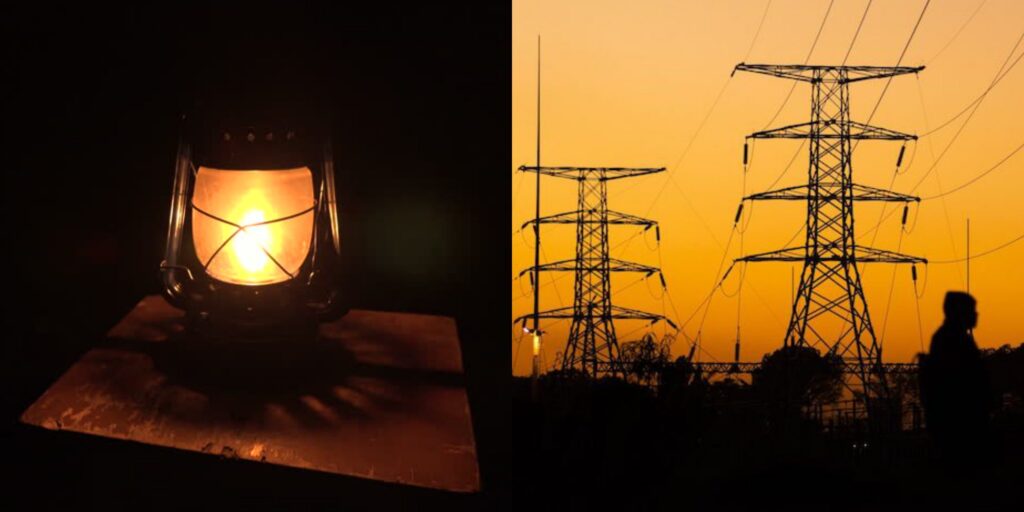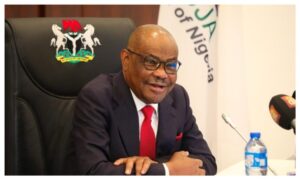On Monday evening, Nigeria faced yet another major power crisis as the national electricity grid collapsed for the sixth time this year. The blackout occurred at 6:58 p.m. and resulted in widespread outages that affected millions of citizens across various regions.
The Abuja Electricity Distribution Company (AEDC) was quick to address the situation, announcing the power outage on X (formerly Twitter). They stated, “Please be informed that the power outage being experienced is due to a system failure from the national grid at 6:58 p.m. today, affecting the power supply to our franchise areas.” This statement confirmed that the issue was not localized but part of a larger systemic failure.
This collapse comes at a time when many Nigerians are already grappling with the ongoing challenges of inconsistent power supply. Businesses, schools, and homes rely heavily on electricity, and frequent blackouts disrupt daily life. The latest blackout has heightened frustration among citizens who depend on a stable power supply for their activities and livelihoods.
Many people took to social media to express their dissatisfaction with the government’s failure to provide reliable electricity. Small business owners, in particular, voiced concerns about the financial losses incurred during these outages, as they rely on electricity for their operations.
In response to the crisis, the AEDC assured the public that they are collaborating with relevant stakeholders to restore power as soon as possible. They emphasized their commitment to addressing the situation: “Rest assured, we are working with the relevant stakeholders to restore power as soon as the grid is stabilized. Thank you for your understanding.”
While their efforts are underway, the reality remains that systemic issues in the national grid need urgent attention to prevent further collapses.
This incident marks the sixth time in 2024 that Nigeria has experienced a national grid collapse, raising significant concerns about the country’s electricity infrastructure. Analysts and experts have pointed out that these failures highlight the urgent need for upgrades and investments in the power sector. The current state of the grid, coupled with rising energy demands, poses a serious threat to the country’s economic stability and growth.
Nigerians are calling for more proactive measures from the government and power authorities to ensure that the electricity supply becomes more reliable. The repeated blackouts have not only disrupted daily life but have also affected the country’s economic prospects, making it crucial for stakeholders to prioritize the revitalization of the electricity sector.







